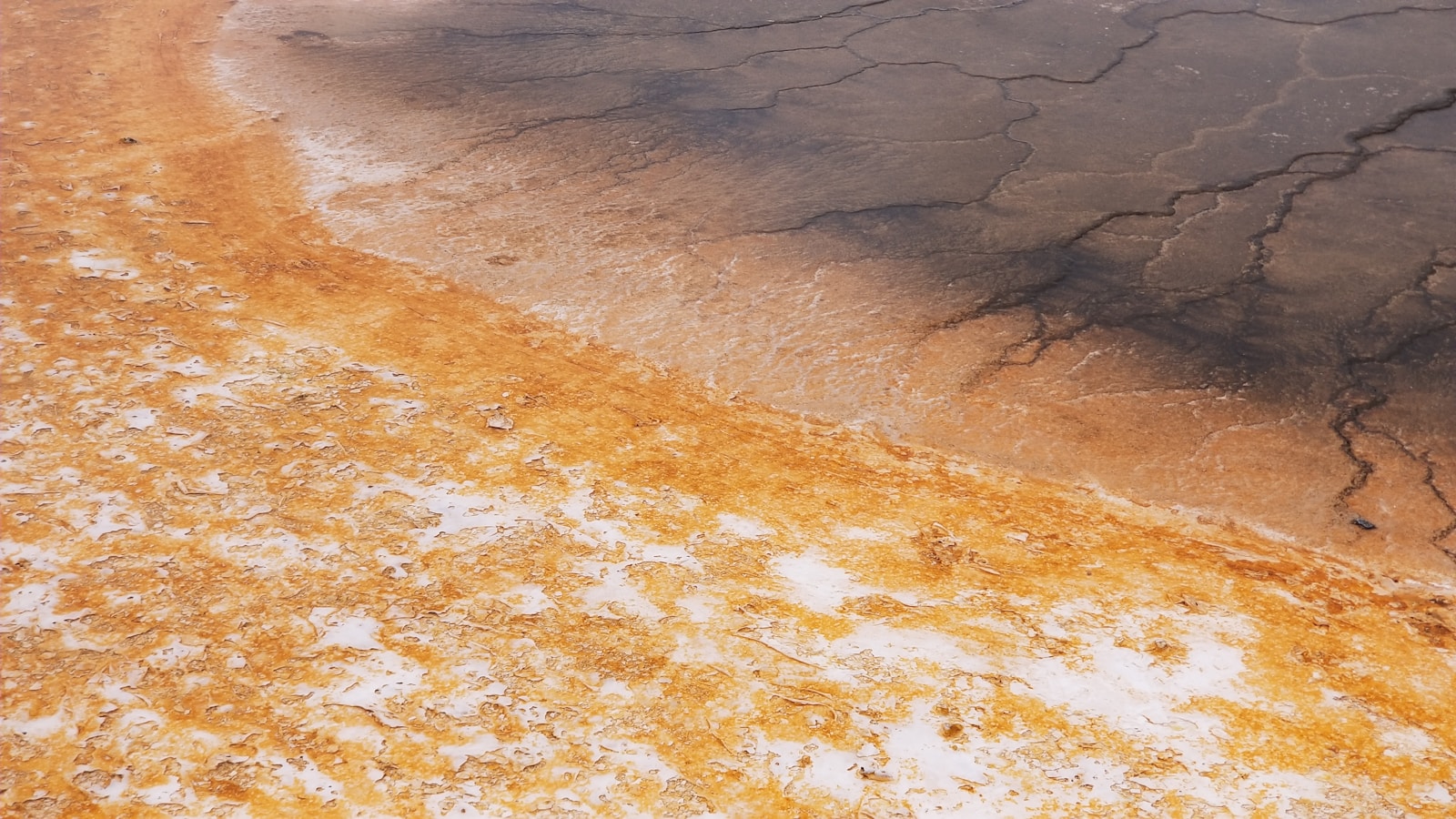
microorganismo

microorganism
The term 'microorganismo' is Spanish translates to 'microorganism' in English. A microorganism or microbe is an organism that is so small that it is typically microscopic, meaning it's invisible or hard to see without the use of a microscope. Microorganisms are diverse and can be bacteria, fungi, archaea, or protists. They live in all parts of the biosphere where there is liquid water, including soil, hot springs, on the ocean floor, high in the atmosphere, and deep inside rocks within the Earth's crust.
Example sentences using: microorganismo
El microorganismo es un componente vital de cualquier ecosistema.

The microorganism is a vital component of any ecosystem.
This sentence is pointing out the importance of microorganisms in ecosystems. Ecosystems are communities of living organisms and their interactions with the physical environment. Microorganisms, though often invisible to the naked eye, play a crucial role in these systems.
En la biotecnología, los científicos modifican microorganismos para obtener productos útiles.

In biotechnology, scientists modify microorganisms to obtain useful products.
This sentence emphasizes how biotechnology uses microorganisms. Biotechnology often involves the genetic manipulation of microorganisms such as bacteria or yeast, to produce useful products, like drugs, biofuels, or food.
Los antibióticos son fármacos que matan o detienen el crecimiento de los microorganismos.

Antibiotics are drugs that kill or stop the growth of microorganisms.
This sentence refers to the function of antibiotics in relation to microorganisms. Antibiotics are medicines used to prevent and treat bacterial infections, working by killing bacteria or inhibiting their growth and reproduction.